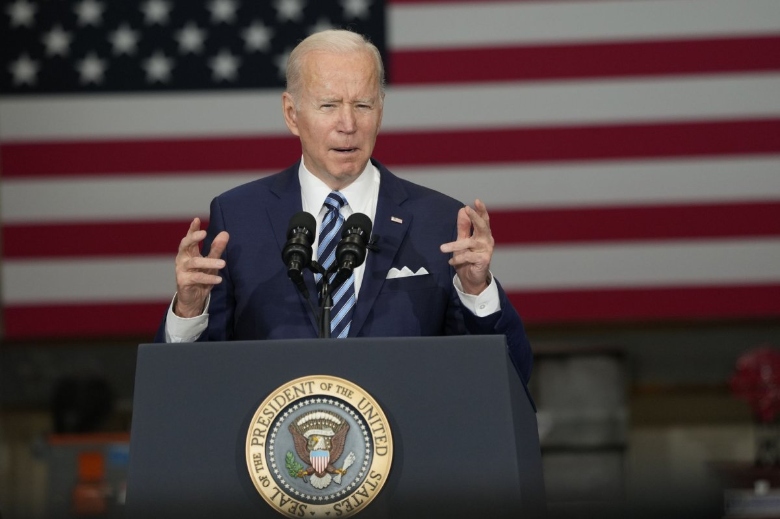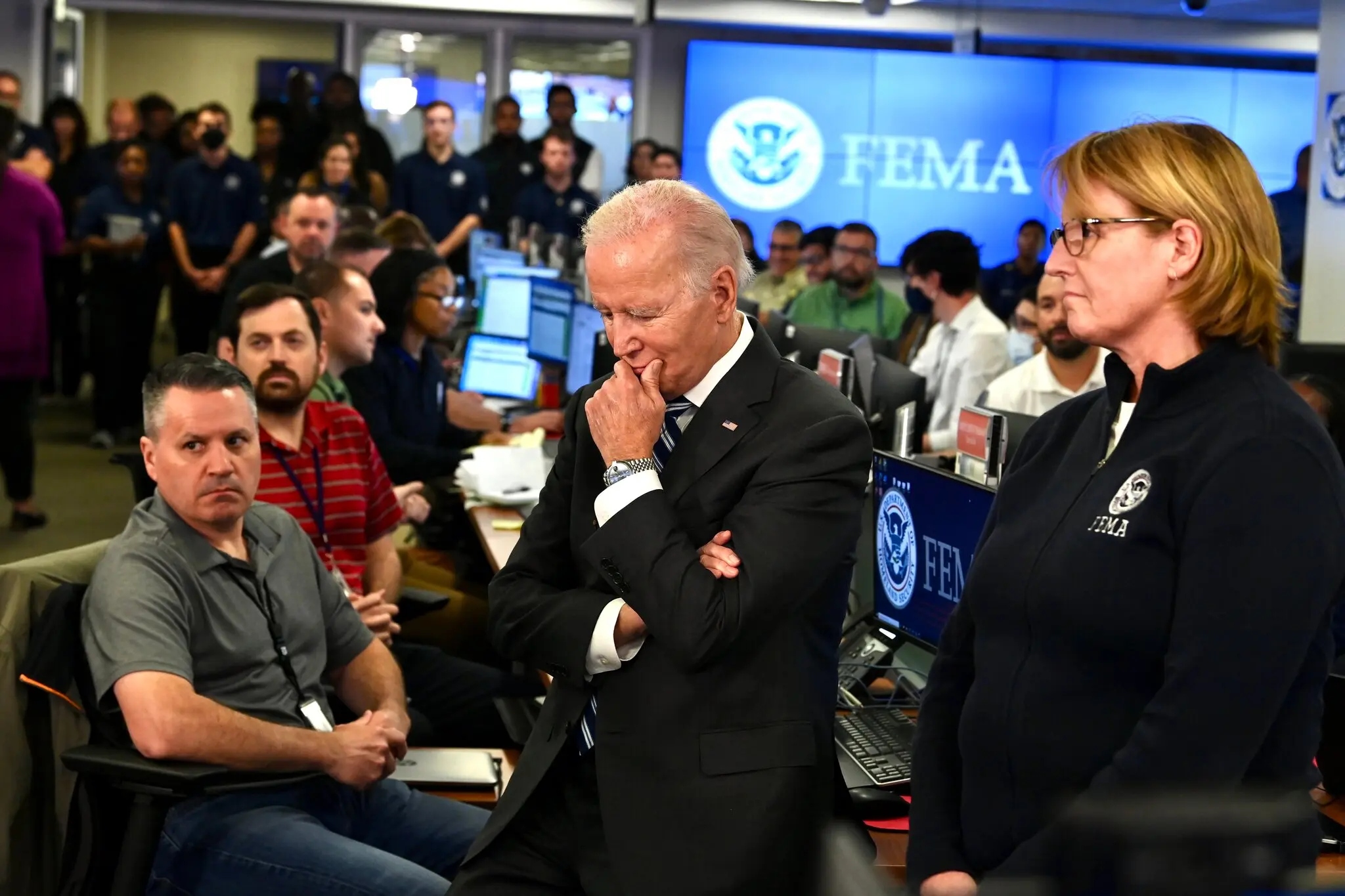The Biden administration has once again reauthorized a contentious sanctions waiver that unlocks upwards of $10 billion in frozen funds for Iran. This decision, revealed in a notice submitted to Congress late Wednesday, has sparked intense debate on Capitol Hill, especially among Republican lawmakers.
The waiver permits Iraq to transfer electricity payments to Iran via third-party countries, a practice the Biden administration initially approved in November. With the previous waiver set to expire, the renewal ensures continued financial transactions between Iraq and Iran. The funds, denominated in dinars, can now be converted into euros and deposited into Iranian bank accounts in Oman. The State Department argues this measure is essential for Iraq to maintain its energy supply while transitioning to energy self-sufficiency. Critics, however, contend that the waiver indirectly supports Iran’s controversial activities, including its sponsorship of terrorism.
GOP leaders in Congress have been vocal in their disapproval. Republican lawmakers and foreign policy experts argue that the Biden administration’s actions contradict broader U.S. foreign policy objectives. They emphasize Iran’s ongoing support for Hamas, other proxy groups, and attacks on American outposts in the Middle East.
Representative Bill Huizenga (R-Mich.) and three other Republican colleagues wrote to the Biden administration earlier this week, warning about the potential misuse of the funds. “By waiving the application of sanctions, the Administration is maintaining a financial lifeline for the Iranian regime, even as it continues to support terrorist organizations around the world,” their letter stated.
The lawmakers also highlighted Iran’s history of bypassing humanitarian restrictions, suggesting that these funds could inadvertently support nuclear activities, terrorist proxies, and military operations.
Richard Goldberg, a former White House National Security Council member, called the latest waiver significantly different from those issued under the Trump administration. According to Goldberg, the updated waiver provides Iran with more flexibility in using the funds. “This is not the same waiver for Iraqi electricity imports that has been issued since 2018,” he explained. “The Biden version gives Tehran access to money for budget support, debt payments, and import subsidies.”
Goldberg further alleged that the administration’s lack of transparency regarding how much money Iran has accessed in recent months raises questions about U.S. oversight. He linked the funds to recent incidents, including attacks on American soldiers and naval forces, and urged Congress to pass the “No Funds for Iranian Terrorism Act,” legislation aimed at cutting off Iran’s access to these funds.
The State Department, however, stands by the waiver, emphasizing its importance for Iraq’s stability and energy security. A spokesperson stated, “Since 2018, the waiver has remained necessary as Iraq weans itself off Iranian energy imports, which cannot happen overnight.” According to the department, Iraq has made significant progress by developing regional electricity interconnections, capturing natural gas, and exploring domestic energy resources.
Regarding concerns about fund misuse, the State Department insists that the money remains restricted to humanitarian purposes. “These funds can only be used for transactions involving food, agricultural commodities, medicine, medical devices, and other non-sanctionable items,” the spokesperson said. “The money goes straight to trusted vendors or financial institutions in other countries and never directly enters Iran.”
Despite these assurances, skeptics argue that money is inherently fungible. By freeing up $10 billion for limited uses, Iran’s government may redirect other financial resources toward its military and geopolitical ambitions.
The renewed waiver reflects the Biden administration’s balancing act between maintaining Iraq’s energy needs and countering Iran’s destabilizing activities. Iraq’s dependence on Iranian energy imports remains a pressing issue, but critics contend that the waiver indirectly funds activities harmful to U.S. interests and allies.
Republican opposition to the waiver is likely to grow as Iran’s regional influence expands. With GOP lawmakers citing Iran’s history of deception and its alleged links to recent attacks on American forces, the administration faces increasing pressure to reconsider its stance. Calls for legislative action, such as the proposed “No Funds for Iranian Terrorism Act,” signal a potential showdown in Congress over future sanctions policy.
As the debate unfolds, questions about U.S. oversight, Iran’s compliance with restrictions, and the waiver’s impact on regional stability will remain central to the discourse. Whether the Biden administration’s approach ultimately achieves its intended balance or exacerbates existing tensions is yet to be seen.




Biden has shown himself to be more supportive of Iran than some of our allies. Israel for example our ally is fighting with Iran and Biden appears to support the war against Israel.
Biden has created more conflict in the world than many of our presidents and the sooner he’s gone the clean-up effort will began!
Biden has now become the worst terrorist to attack the USA.
He has spent 4 years trying to destroy this nation and puts America last.
Why is FJB funding Iran?
do i hear high treason trial coming up, if not, there damn well should be.